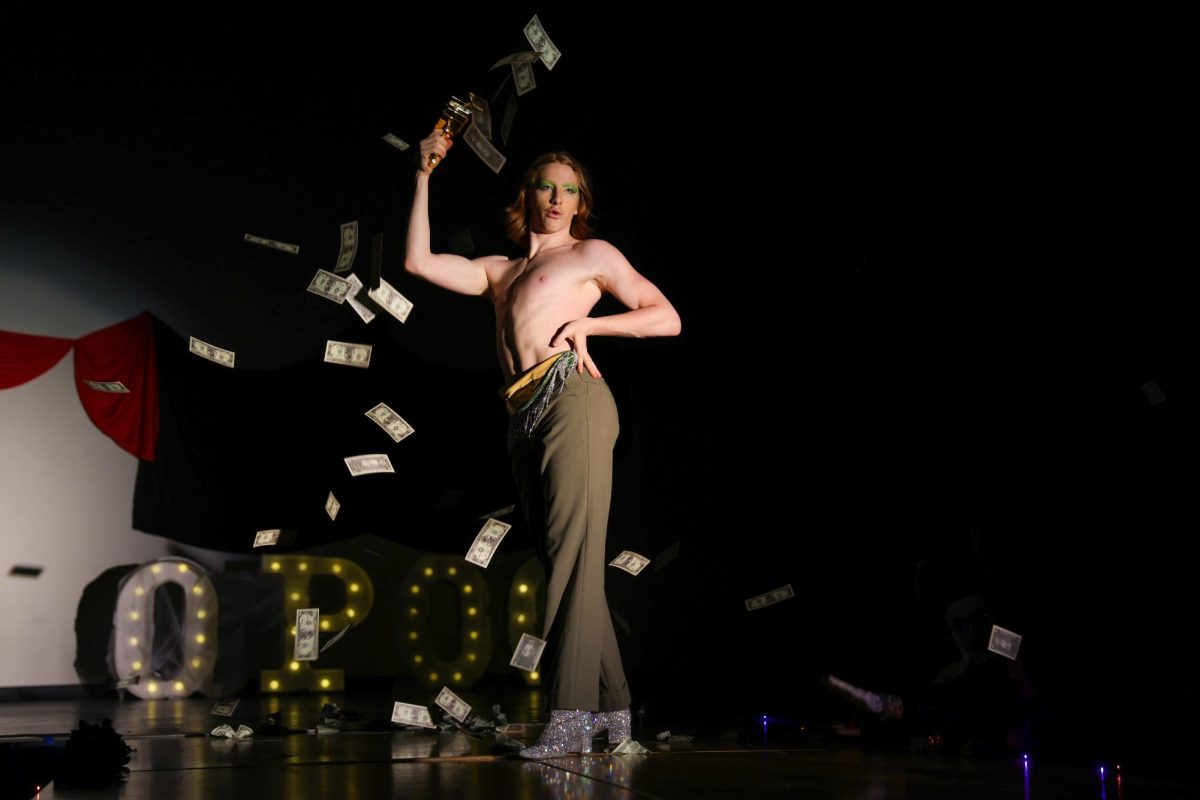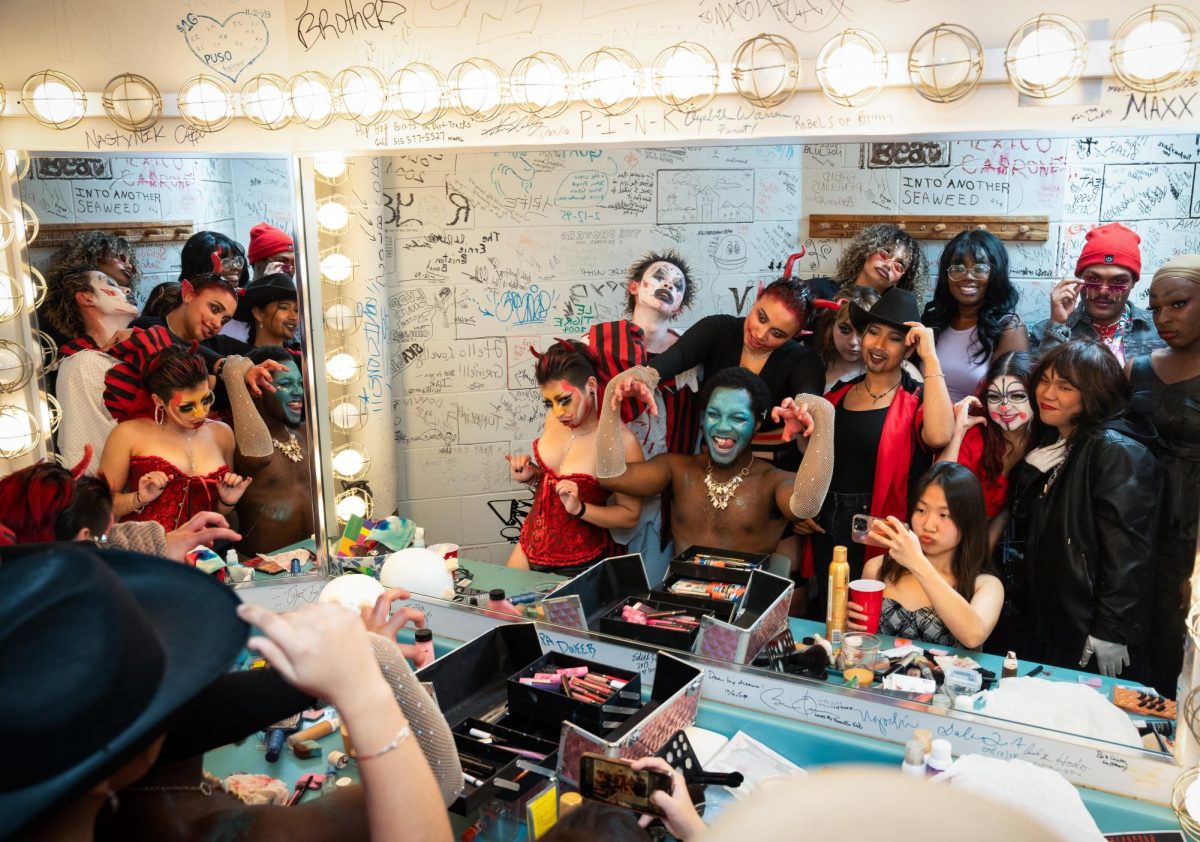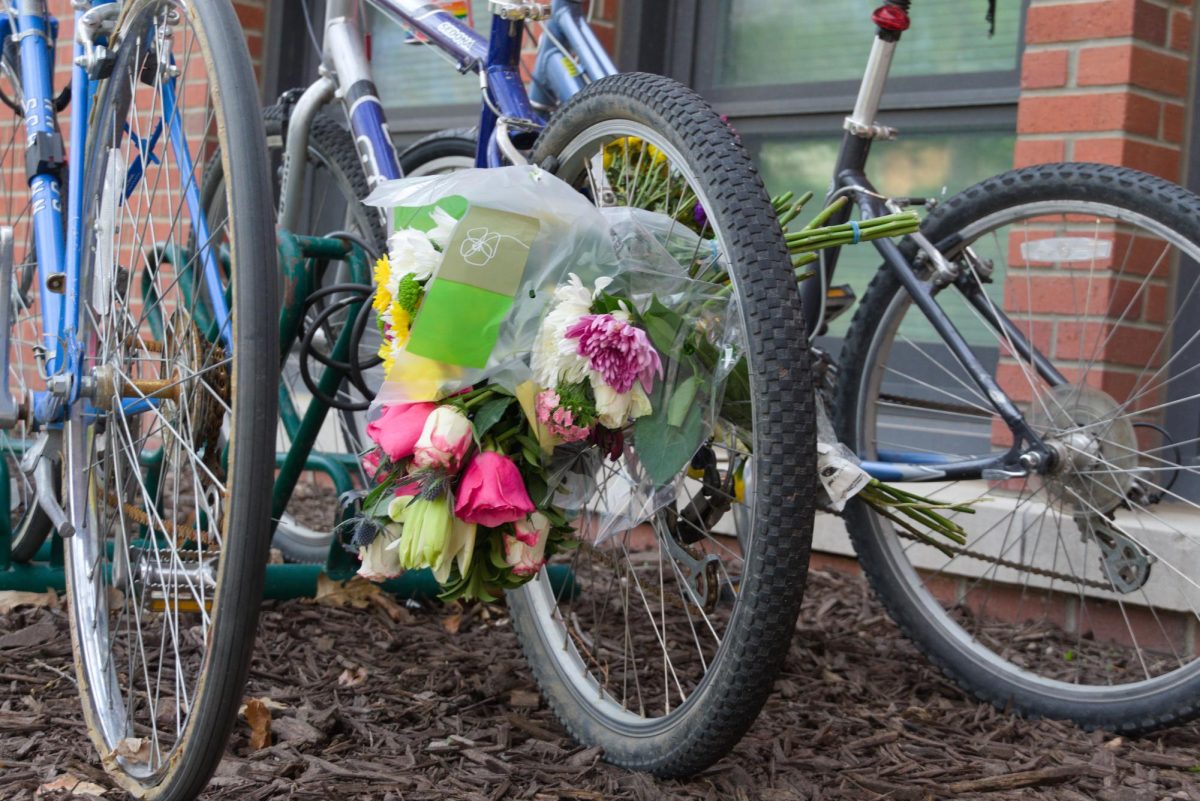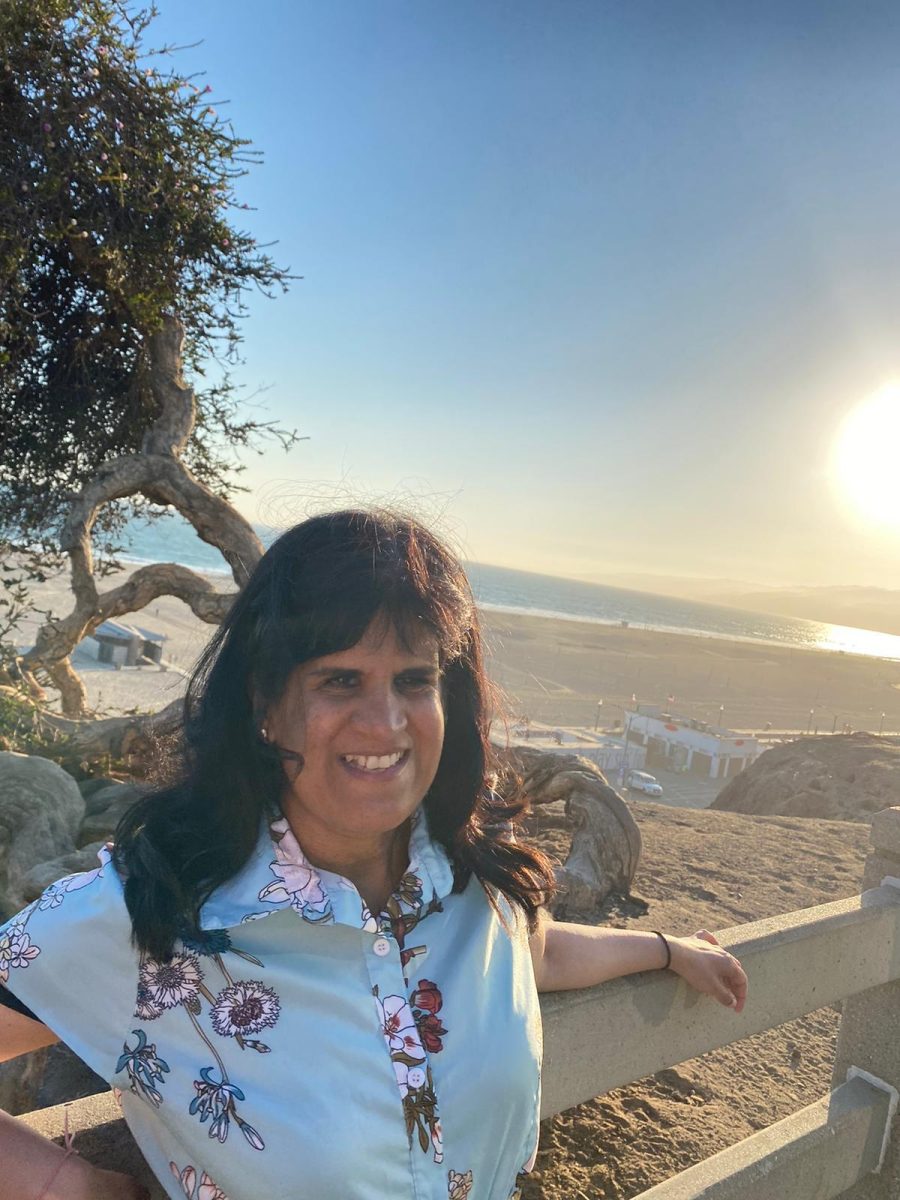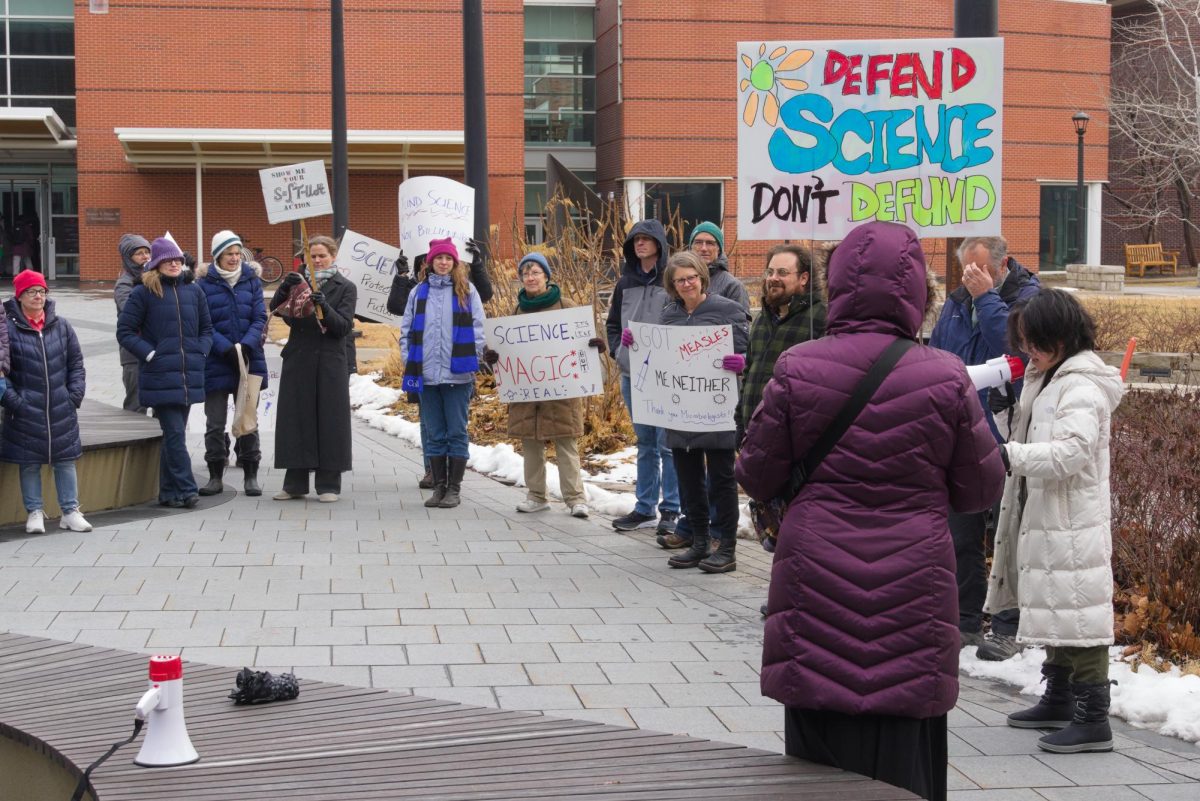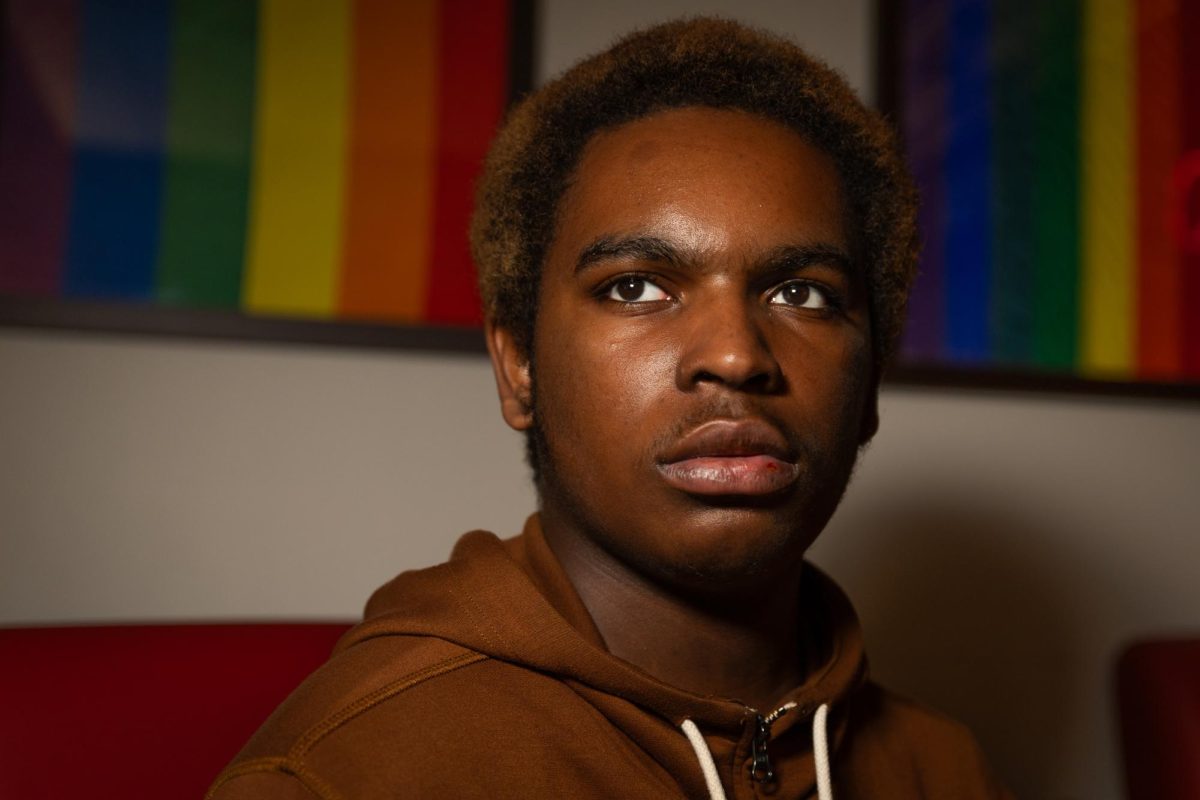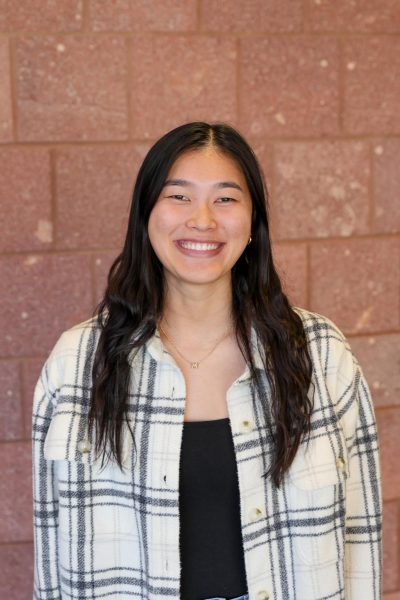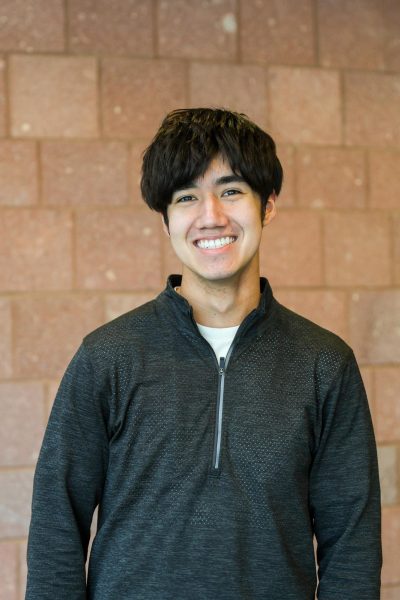Anti-LGBTQ bias on campus has increased, said Micho Adler, assistant director of intercultural affairs and LGBTQ+ student specialist.
“The general atmosphere is that anti-LGBTQ+ bias reports are increasing on campus because of the results of the election,” Adler said, adding that Campus Safety has been notified to keep an eye on events like Queer People of Color’s (QPOC) fall drag show on Friday, Nov. 15.
Following a recent wave of legislation targeted at censoring LGBTQ+ identities, some queer and trans residents feel Iowa has grown less safe for them.
Fredo Rivera `06, assistant professor of art history, said queer and trans people are not only unsafe in Iowa but also the larger United States, including places that are liberal. As a queer person themselves, Rivera said that they are “always cautious,” something they learned growing up queer in Miami. “I think that’s true for a lot of queer people who live in rural and less accepting places,” Rivera said.
Adler said that at the beginning of the semester, the Stonewall Resource Center (SRC) was vandalized several times with discriminatory slurs, broken objects and flags ripped down. Adler said they had filed for a bias incident, but the investigation found that there was no “official bias against queer people.”
“I don’t expect the college to put out a statement and say that we support our trans students and faculty and staff on campus — no shade to the college or anything like that, but I think they consider us like a political subject,” Adler said. “What I am taking that to mean is our community just has to come together and actually really support each other and have these safety points in place ourselves, right?”
“I sat down with my advisory board folks on Tuesday [Nov. 12] for the SRC and talked about the rise and the frequency of the anti LGBTQ+ bias, and especially anti-trans related bias,” Adler said. “[We] talked about how to make a safety plan for folks to get through like preparing for January, basically, because it’s my understanding … that anti-trans legislation and those things are number one, basically, on the agenda.”
Amidst anti-LGBTQ+ movements, queer, trans and allies in Grinnell’s community continue to celebrate LGBTQ+ culture. At QPOC’s fall drag show, about 500 students filled the Harris Center to uplift queer people of color, and the larger LGBTQ+ community.
“I am excited to see all my fellow queers, and specifically my queer [people of color] performing and being celebrated by the majority,” Jackson Scheer `28, a performer in the fall drag show, said prior to the show. “And, our allies and brothers, sisters and siblings of the queer community.”
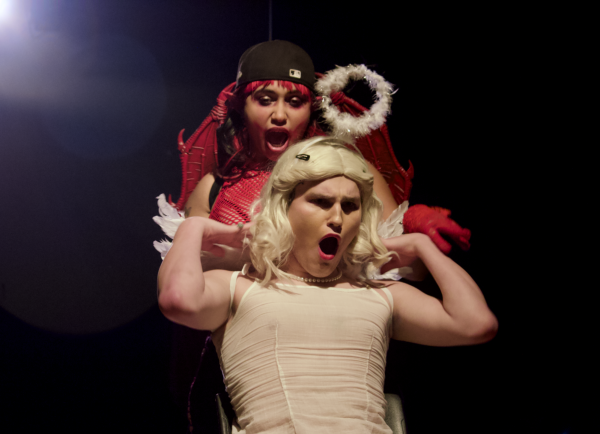
QPOC’s drag show has run at Grinnell for 17 years, founded in 2006 by Isaac Vasquez `07. The show remains a space emboldening students to express themselves, particularly queer and trans students of color.
“It’s surreal. The feeling of performing is so ephemeral, it’s so short, but it’s amazing,” said August Ngo `27, another performer. “I think I feel like every queer student, every queer person of color should try the drag show because you don’t know much you’ll enjoy it until you try.”
“I think the drag show the students do is exceptional,” said Rivera. “Iowa has this rich diversity of queer people and we are making really incredible art out here in the prairies.”
Rivera has previously taught tutorials on drag before, educating students on the diversity of queer identity, representation and politics. They have also helped plan previous drag shows at Grinnell.
“In the several years I’ve now lived here [Iowa], I’ve now begun to identify this place as home,” Rivera said. “And I don’t think it’s perfect. I think it has its faults, and I don’t think it’s as welcoming to queer people as it should be, but I think there’s a richness of communities and people working around some of the sort of less accepting realities to make this place home for them and for some people, it’s just always been home for them, right? And I think it’s important to acknowledge that there are diverse queer communities throughout the states, right?”
Despite the growing trend of anti-LGBTQ+ bias, many Grinnell students and faculty remain committed to finding ways to promote safety, representation and cultivate joy.
“I recently went to a Walgreens in a smaller town in Iowa and had full nail polish and earrings, and the person who was working there immediately was like, ‘Oh, it’s so great to see you.’ I can tell that they were a queer youth, so representation in these cases matters too,” Rivera said.
“We need to stay alive, and then, when possible, find joy and be happy and love and be out as much as we can,” Adler said. “We just have to be visible.”
